Skeptical horsemen voice HISA concerns
Can the Horseracing Integrity and Safety Authority enter your home? Rifle through your belongings in search of evidence against you? Does registering with it mean you’re agreeing with everything it does? When do horses need to be registered?
Dozens of horsemen packed Tycoons Restaurant and Bar on the first floor of the Laurel Park grandstand June 16 to hear the answers to these and other questions about the implementation of the federal Horseracing Integrity and Safety Act (HISA) – and to vent their concerns in an occasionally testy forum that lasted for more than two hours.
The major takeaway: though some hope otherwise, the HISA train’s a-coming, and those who want to continue to participate in racing will need to get on board.
The federal law, passed and signed into law in 2020, created the Horseracing Integrity and Safety Authority, a quasi-private organization, invested with substantial regulatory authority, under the auspices of the Federal Trade Commission (FTC). The program has two essential parts: a racetrack safety program, set to begin July 1, and an anti-doping and medication control initiative, which has been delayed and now will go into effect January 1, 2023.
Horsemen and other “covered persons” – essentially, those licensed by state racing commissions – need to register both themselves and their horses by July 1 to continue to participate in racing. That looming deadline has helped spark a great deal of unrest among horsemen as to what the law will mean to them.
On Thursday, the Authority’s CEO, Lisa Lazarus, and Ann McGovern, a member of the HISA Racetrack Safety Committee, spoke by Zoom to the gathering, while Maryland Thoroughbred Horsemen’s Association general counsel Alan Foreman spoke in person, to try to allay some of those concerns.
- Law School schools ’em in Laurel allowance
 They made it easy on Law School early, and the result was a blowout late. Two-year-old Law School zipped to the front early and drew away readily to win a $49,000 allowance contest Sunday by a staggering 14 ¼ lengths, earning her second triumph in six career outings. Ridden by Martin Chuan, the Jamie Ness-trained… Read more: Law School schools ’em in Laurel allowance
They made it easy on Law School early, and the result was a blowout late. Two-year-old Law School zipped to the front early and drew away readily to win a $49,000 allowance contest Sunday by a staggering 14 ¼ lengths, earning her second triumph in six career outings. Ridden by Martin Chuan, the Jamie Ness-trained… Read more: Law School schools ’em in Laurel allowance
Part of their message: in Maryland and the Mid-Atlantic, the transition should relatively smooth.
“It’s not terribly different from what we’re doing now,” Foreman said of the new regulations. “It’s not a heavy lift here.”
Many horsemen, though, aren’t entirely certain that that’s the case.
One issue they raise is that the HISA registration process requires the registrant “to agree to comply with HISA’S rules.”
“You’re asking us to sign something that we’re agreeing with, and you don’t even have your rules in place,” trainer John Salzman, Jr., told the panelists, to applause from many in the room. “Please put it all in writing.”
But Foreman pointed out that that’s not different from the current process, in which horsemen must abide by the state racing commission rules, though those rules change from time to time.
Could the process be delayed until the rules are finalized?
“I’ve been told it can’t be done,” McGovern said. “So register today.”
A delay, she and Foreman agreed, would require an act of Congress, and, given that it took years for the Jockey Club and other advocates of the law to get it passed, the likelihood of Congress acting to delay it – an act that would have to pass in the next two weeks – is infinitesimal.
Another area of concern: what Lazarus characterized as the “search and seizure rule.” Both the enabling law and the supporting regulations give the Authority broad powers to enter “facilities, offices, stables, barns, or another other premises” that are a) related to horses covered by the legislation and b) “owned, controlled, or occupied” by persons covered by the Authority.
But Lazarus said horsemen shouldn’t worry.
“We have no intention of searching people’s homes or farms,” she said, “no intention of exercising that power at all.”
- CT: Juvenile winners connect Sigler, Farrior barns
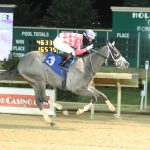 Maskedandmummed swept two November stakes at Charles Town, and a pair of other juveniles impressed in graduating in the muddled 2yo scene there.
Maskedandmummed swept two November stakes at Charles Town, and a pair of other juveniles impressed in graduating in the muddled 2yo scene there.
The only way in which it would exercise that power, she said, was in a situation in which there was an urgent need – a horse abuse situation, for example.
Not all horsemen were convinced, though.
“I believe what I read in black and white,” said trainer Dale Capuano. “I can’t find in the rule where it says ‘intention.’”
A number of “safety” provisions go into effect July 1. Those include a prohibition against pin firing horses’ shins, rules on the use of the riding crop, and a national void-claim rule. The rules are forward-looking, so actions in the past – for example, pin firing a horse last year – will not trigger any sanctions.
Also by July 1, horsemen will need to be registered to continue to race. Their horses must be registered prior to entering to race. Horses returning off layups or new to racing will, likewise, need to be registered prior to entering.
Changes that many in racing have long sought – uniform national rules, for example, and a racing surface accreditation system with teeth – are soon at hand.
“We all want uniform medication rules, we all want safe racetracks, and we all want the cheaters thrown out,” said Dale Capuano.
The response of many horsemen at this afternoon’s meeting suggests a level of skepticism at whether HISA will be able to deliver those things at an acceptable cost.
LATEST NEWS


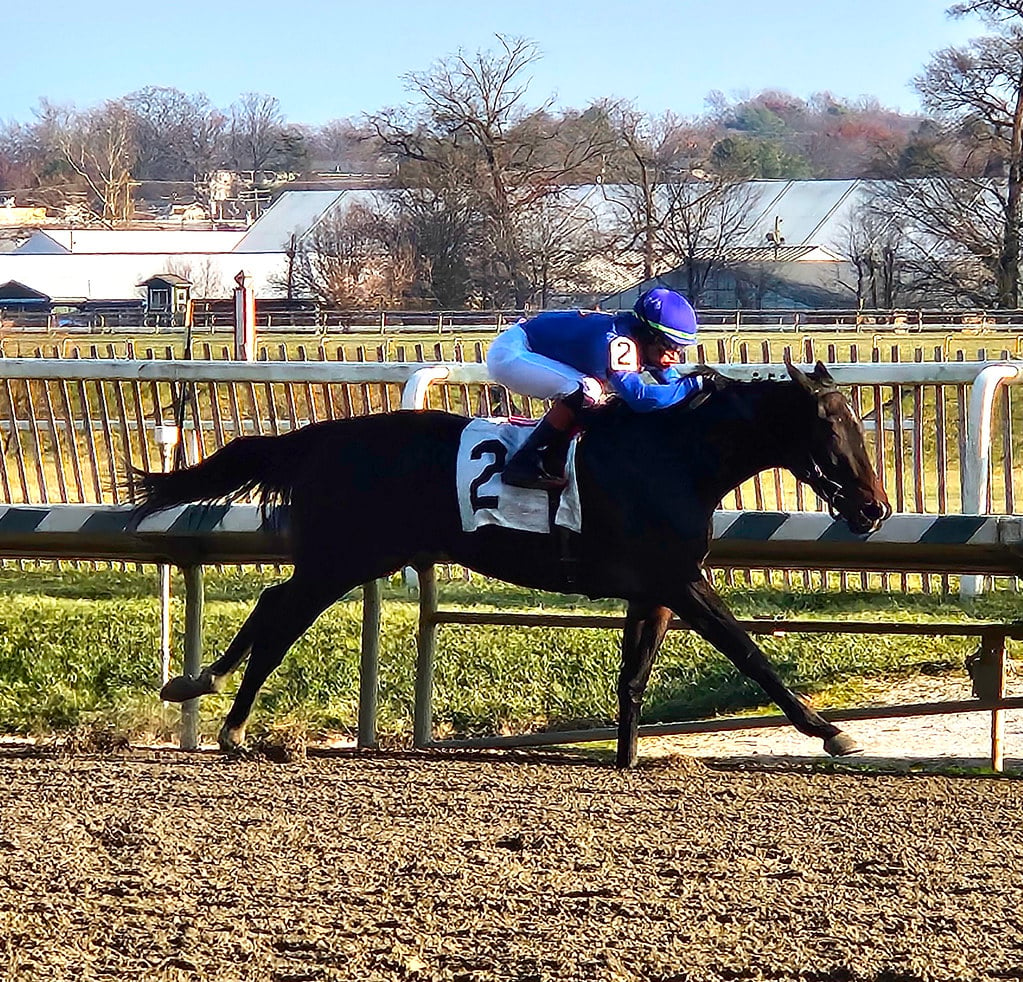
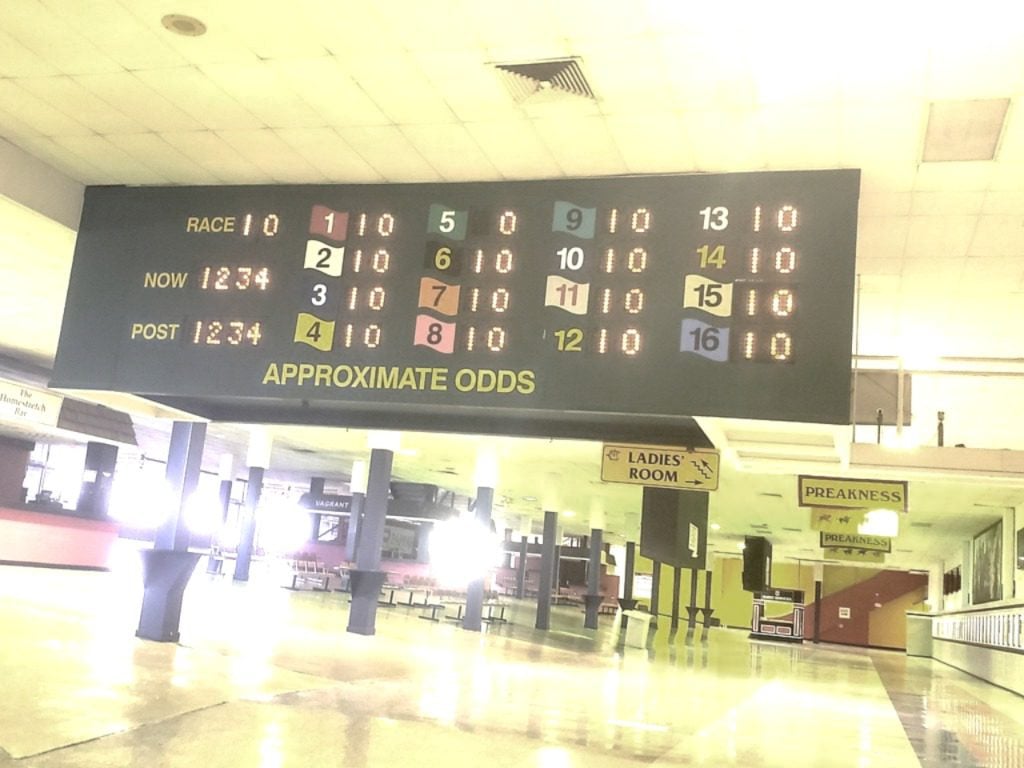

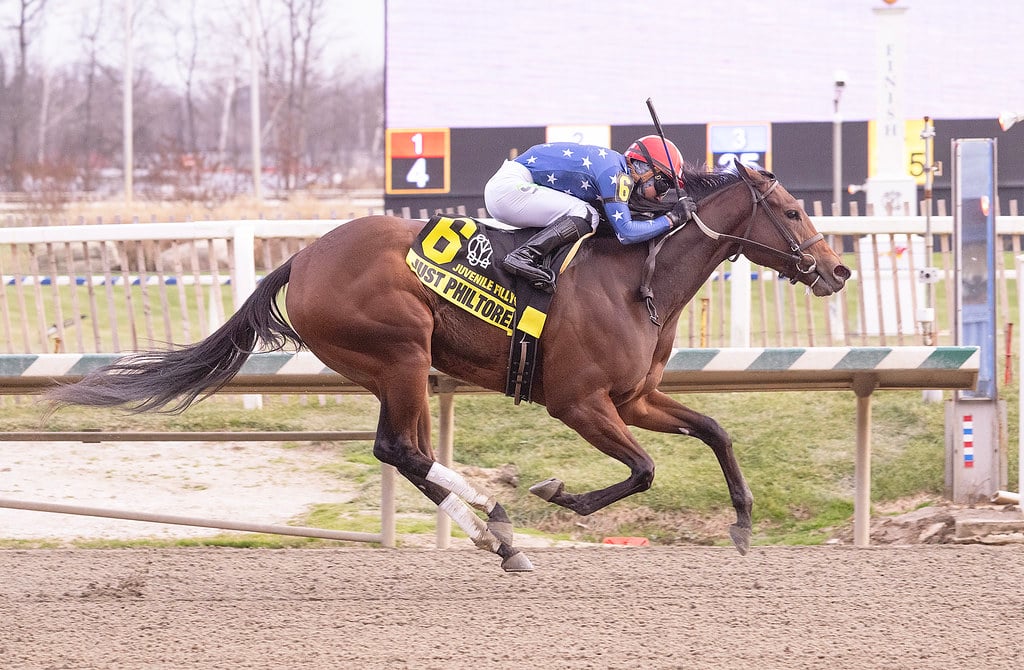

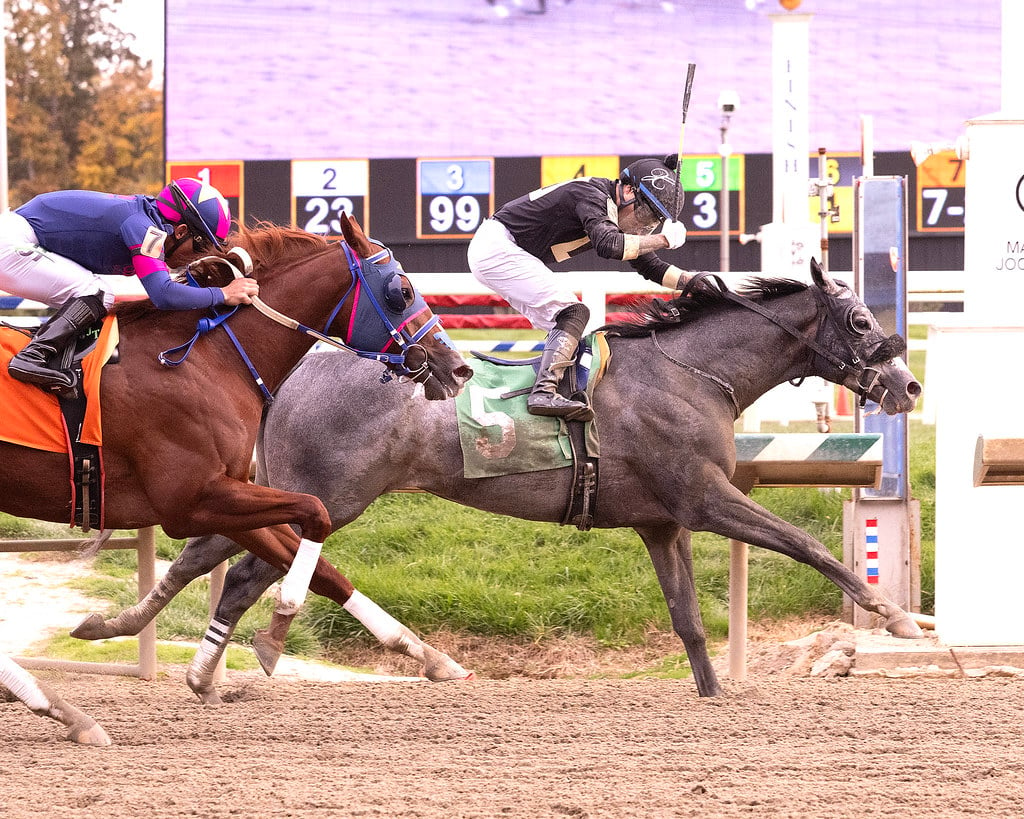
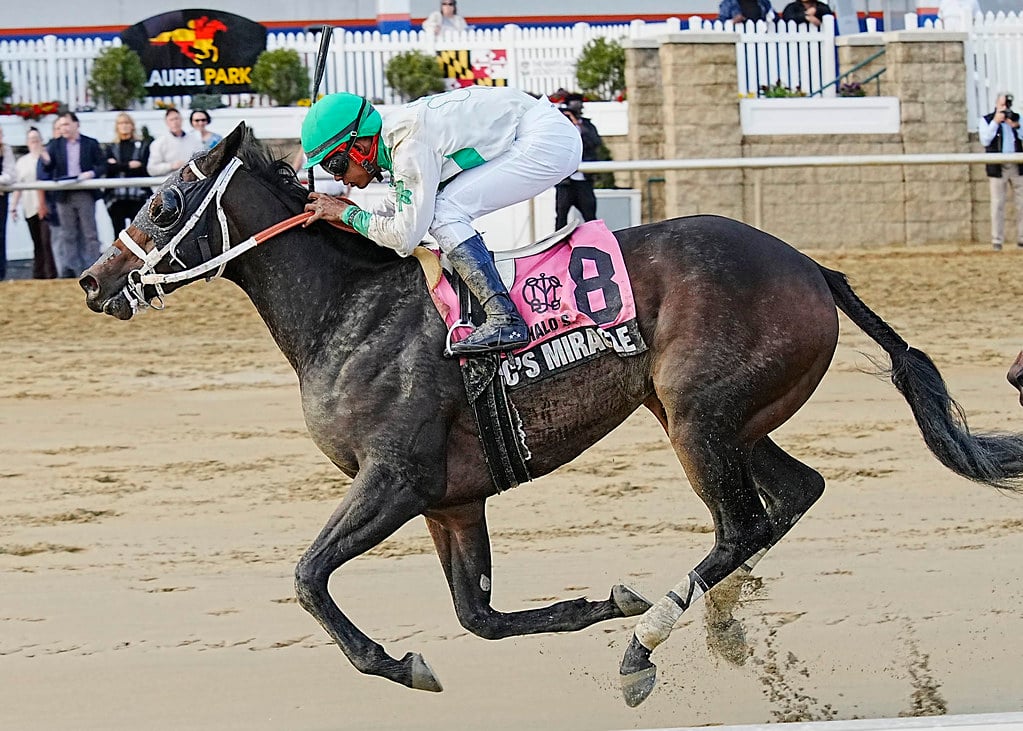
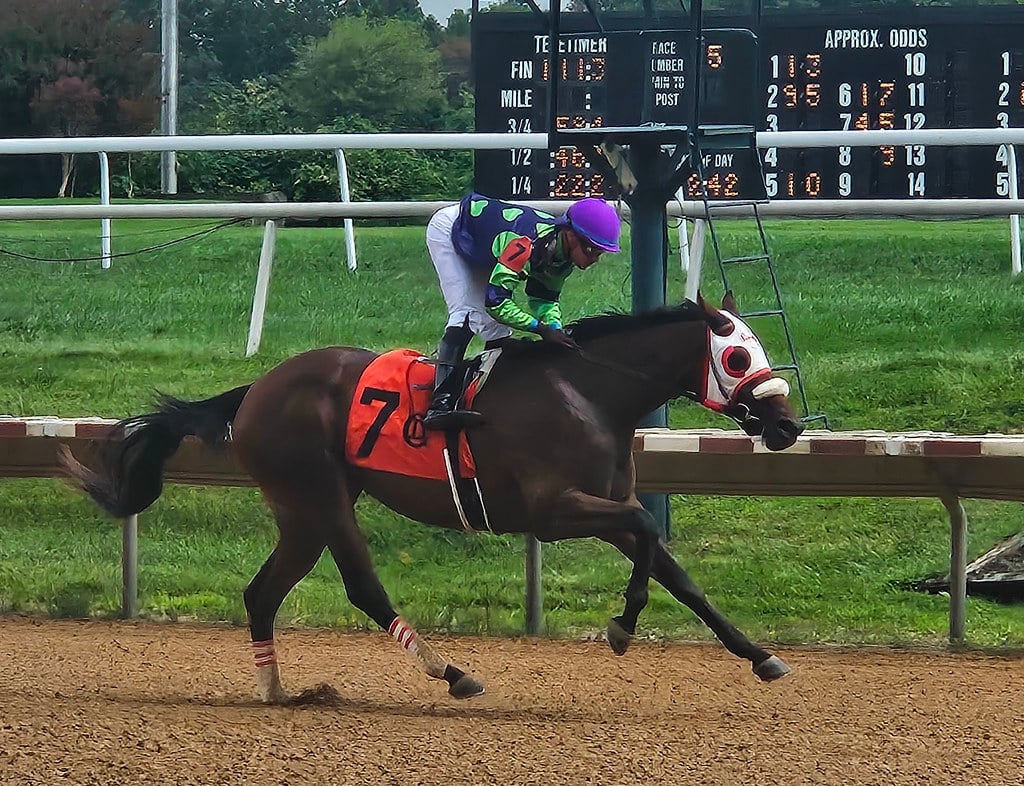










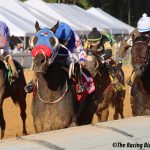
Mike
16th Jun 2022Things I have learned in my 64 years of living.
1) The devil is in the details.
2) Cost is always a factor.
3) A contract should be as specific as possible.
4) Be careful what you ask for from federal regulators.